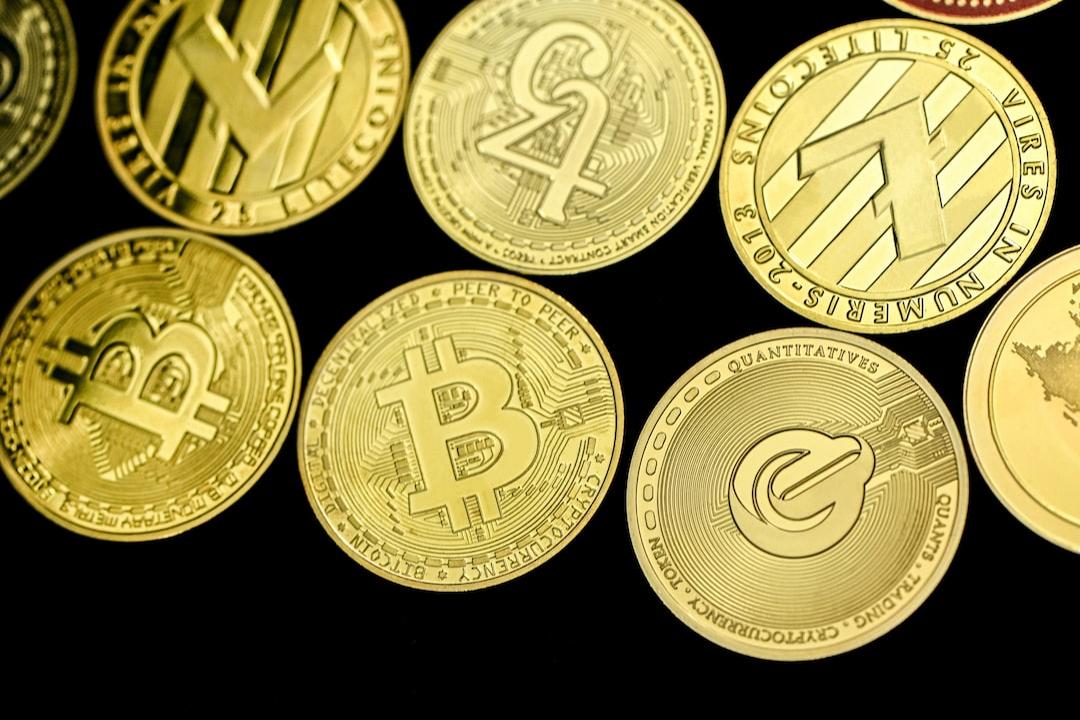Title: Unlocking Real Estate Liquidity: The Rise of Tokenization
Introduction:
Tokenization is revolutionizing the world of real estate by offering a solution to the longstanding liquidity crunch. While other assets have embraced tokenization, real estate has been slow to catch on. However, with the potential to unlock trillions of dollars, tokenizing real estate assets presents an opportunity for both investors and borrowers. This article explores how tokenization can bridge the access gap in traditional property ownership and discusses its potential impact on the real estate market.
Tokenization: A Game-Changer for Real Estate:
The global real estate market, valued at $613 trillion in 2022, has the potential to reach $729 trillion by 2028. Despite this enormous value, real estate remains one of the most illiquid asset classes. Unlike stocks and bonds that are traded daily, it can take years for a property to change hands. Tokenization offers a solution by allowing fractional ownership, enabling small-time investors and underprivileged communities to participate in the real estate market. Instead of purchasing an entire property, investors can buy digital assets representing a portion of the property.
Streamlining the Tokenization Process:
While tokenizing real estate is a relatively new concept, innovative projects like Blocksquare’s real estate tokenization protocol are paving the way. These projects integrate foolproof notarization and registration processes into their smart contract infrastructure. Blocksquare recently achieved a significant milestone by tokenizing a parking slot in Slovakia’s Tech Park Ljubljana, becoming the first-ever tokenized real estate asset registered in the Slovenian land registry. This process involved creating a smart contract, defining the number of tokens issued, and notarizing the transaction to ensure legal recognition.
Collaboration and Specialization:
To tackle the liquidity gap and enforce digital property rights, real estate tokenization projects can benefit from partnering with local authorities and regulators. In countries like China, working with local authorities involved in the property market can streamline the tokenization process. Additionally, specialization in specific types of real estate, such as high-end properties in tourist destinations, can be facilitated through decentralized real estate marketplaces like Sabai RWA.
The Future of Tokenized Real Estate:
Tokenization offers immense potential for investors seeking higher returns and portfolio diversification. Beyond investor appeal, the real estate tokenization market could become a vital ecosystem for loan borrowers in the commercial real estate industry. The liquidity gridlock faced by the commercial real estate market in the wake of the Fed’s aggressive rate hike regime highlights the need for accessible capital at lower rates. Tokenizing more real estate assets would provide borrowers with increased access to capital while allowing small-time lenders to participate in the real estate market.
Conclusion:
Tokenization is transforming the real estate market by addressing liquidity challenges and unlocking trillions of dollars in value. By enabling fractional ownership and streamlining processes, tokenization offers opportunities for both investors and borrowers. As the real estate market embraces tokenization, its impact will extend to other asset classes burdened by illiquidity. Tokenization is not just about issuing and distributing tokens; it is a catalyst for change that can reshape the financial landscape.


